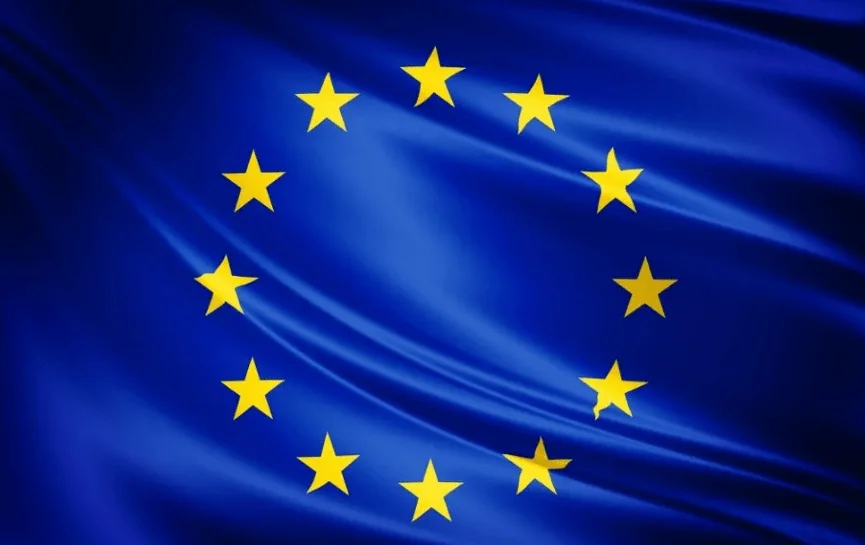The European Union (EU) Committee has approved the addition of zero-knowledge proofs as an amended version of the European Digital Identity Framework (eID).

EU legislators took a critical step last week to support privacy in the area of people’s digital identities. The Industry, Research, and Energy Committee amended the European Digital Identity Framework (eID) on February 9 by adding the need for zero-knowledge proofs (eID).
The most recent revision was approved by the Committee by a vote of 55 to 8; as a result, the text will now go on to the Trilogue stage of talks.
The press release emphasizes that the EU individuals will be given complete control over their data and the choice of what information to share and with whom, even if the most recent draft is still not publicly accessible:
“The new eID would allow citizens to identify and authenticate themselves online (via a European digital identity wallet) without having to resort to commercial providers, as is the case today – a practice that raised trust, security and privacy concerns.”
As reported on Twitter by Jonas Fredriksen, Circle’s Senior Director for EU Government Affairs:
“The proposal would facilitate the emergence of new business models and opportunities in the digital economy, as companies develop innovative products and services that rely on zero-knowledge proofs and eID solutions.”
Researchers have lately focused their attention on zero-knowledge proofs as a potential way to assure privacy and regulatory compliance with digital currency.
The joint paper by the German Hauck Aufhäuser Lampe bank, the Interdisciplinary Centre for Security, Reliability, and Trust of the University of Luxembourg, and the San Francisco-based Mina Foundation, operator of the Mina Protocol, demonstrated precisely how the zero proofs could be connected to Europe’s eIDAS electronic identity system.
However, not everyone is sold on that remedy. According to Balázs Némethi, CEO of Veri Labs and co-founder of kycDAO, only off-chain solutions should be used when personal information exchange between transaction parties is necessary and proofs alone are inadequate.
